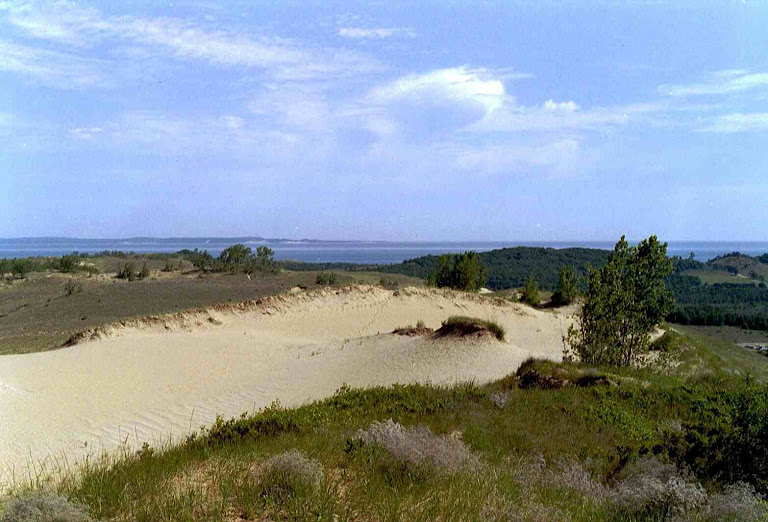Carol Rumens already writes a weekly column on poetry for the Guardian, and this new blog effort makes no pretense of trying to steal her show, which is, on the contrary, most warmly recommended.
Here, instead, will be poems that go to class with me, once a week, and are given exposure to all the French students I teach, from first year college students to students at Master Level. There is still no reason why they should not also consult the interesting analyses of Carol Rumens.
Poem of the Week #1: Gwendolyn Brooks, "We Real Cool"
First things first: it probably looks like no poem you ever saw before. It does not look like a sonnet, it does not look like a ballad. You will notice that it has a subtitle that suggests the name of the bar where the action takes place, "Seven at the Golden Shovel". Since the full text of the poem is under copyright, here is a link to poets.org where you can read the text in full, and also hear it recited by the poet herself, with a number of interesting comments.
You will notice that the poet's recitation syncopates the rhythm, making this short poem sound like a jazz poem. If jazz, it is probably bebop—that more angry and rebellious genre. The two-line stanzas almost all end with the same word, "We" coming after a period, creating a very unified rhyme scheme. In fact lines 1-6 could also be described as rhyming couplets. But there are also numerous internal line rhymes: cool/school (lines 1-2), late/straight (3-4), sin/gin (5-6), June/soon (7-8).
All but the first and last lines contain only three words, and all the words of the poem are monosyllabic. Line one begins and ends with the same word (as a figure of speech, this is called epanalepsis). The sentences are simple sentences. The first one "We real cool" is agrammatical in that the verb "are" was omitted. The reader understands that the lack of education is perceptible in the language of these youths. All the other sentences have a verb and direct object (lines 2, 5, 6, 7) or verb and adverb (lines 3, 4, 8). The poet is able to give added punch to line seven because of the ambiguity surrounding the word jazz as she mentions in the recording (and that is also quite clever because the origin of the word jazz is indeed ambiguous). The month of June being also a traditional time for school testing, it seems that the speakers (the "we" in the poem) are also saying that they do not worry about tests.
Gwendolyn Brooks recalled that the inspiration for the poem came when she passed a pool hall and was surprised to find school-aged youths present there on a school day. This happened in her neighborhood on the South Side of Chicago. The poem implies that the poet was worried that by skipping school these youths were digging their own graves. The shovel of the name of the bar could come in handy if they "die soon" as the end of the poem suggests. It is hard to realize, when one is in school, that life passes so rapidly. But perhaps Brooks was also concerned about the age at which young people who neglect their education die — or to put it differently, this poem might be considered a precursor to the Black Lives Matter movement. Brooks herself was a prominent artist in the Black Arts movement of the 1960s.







